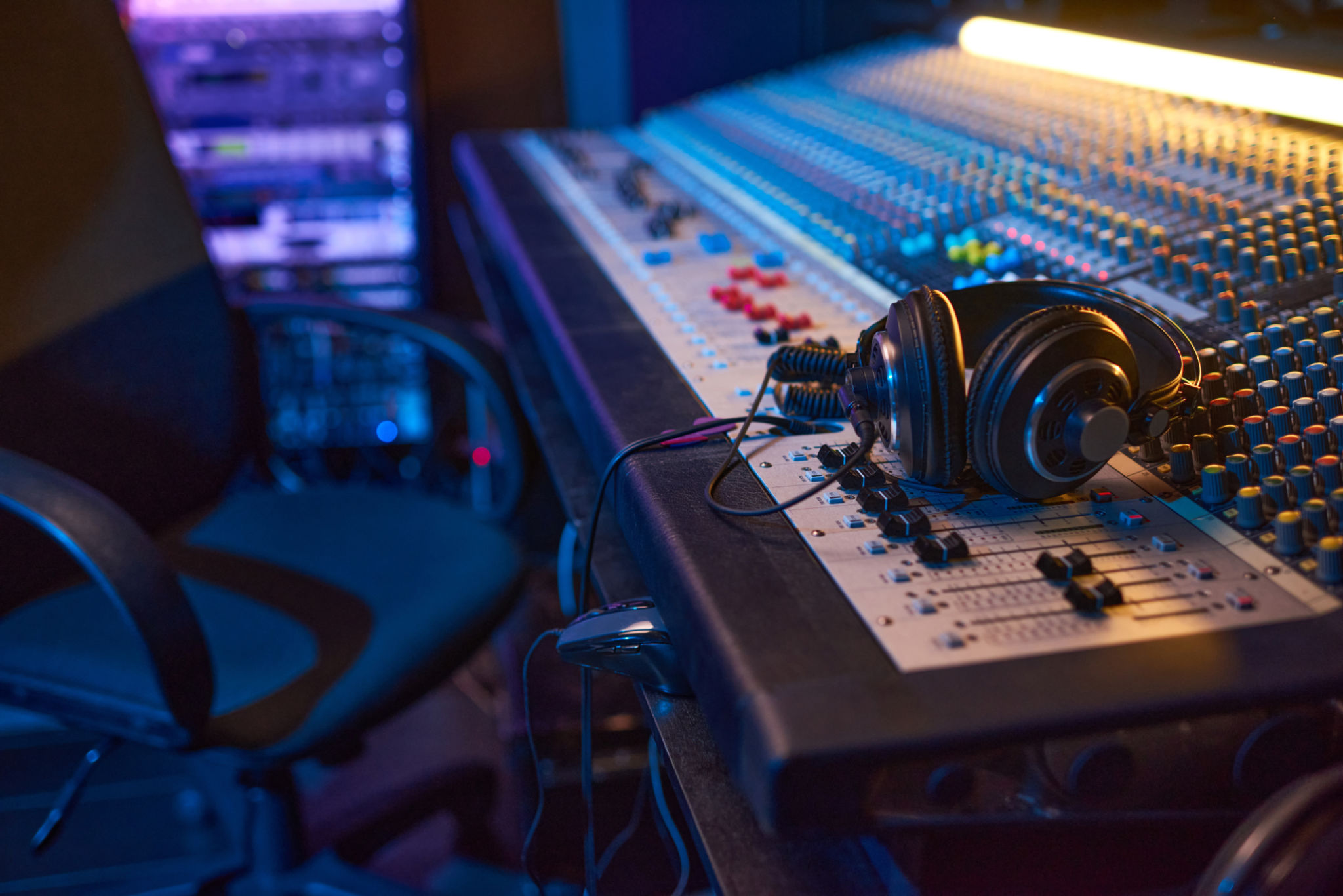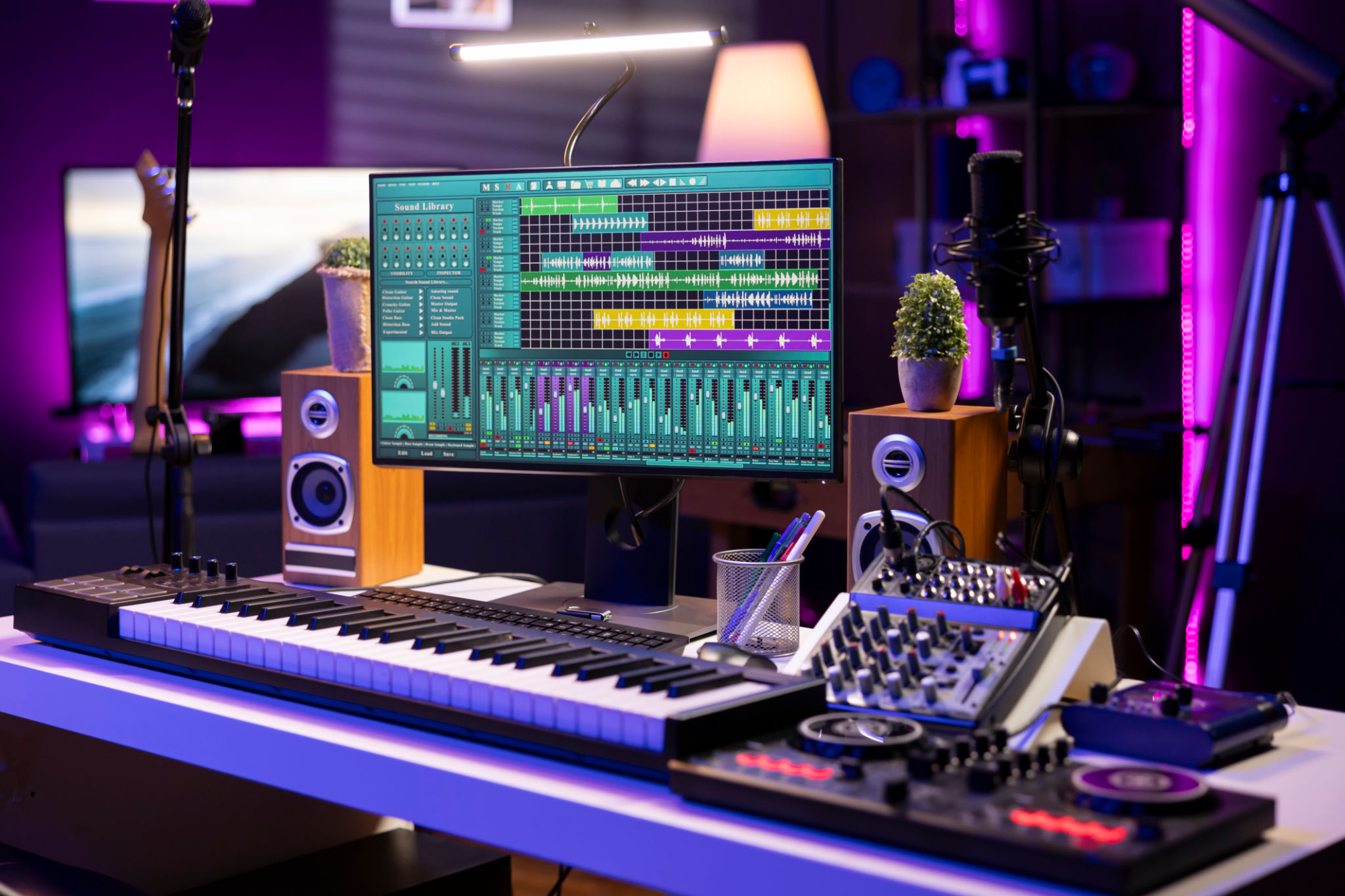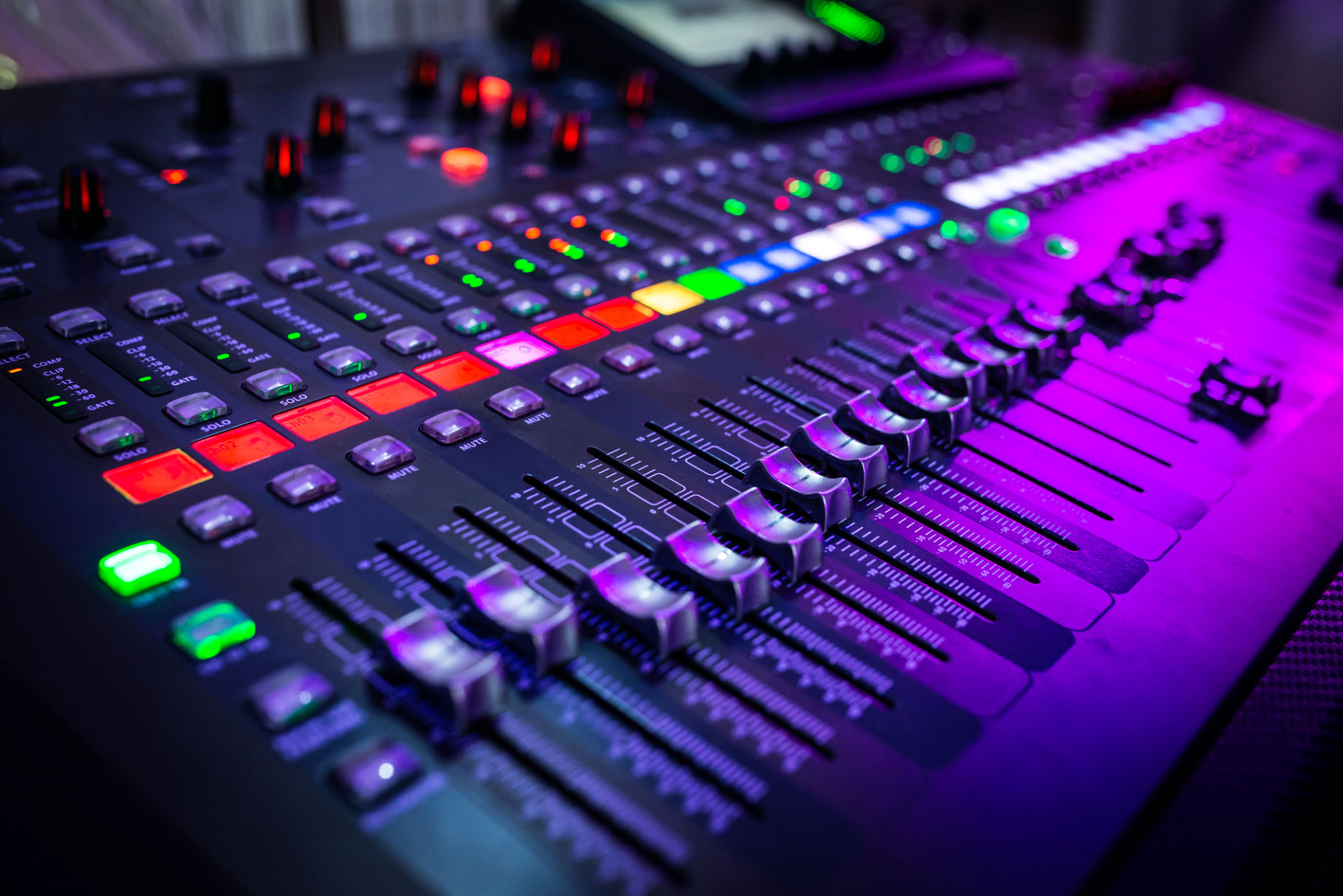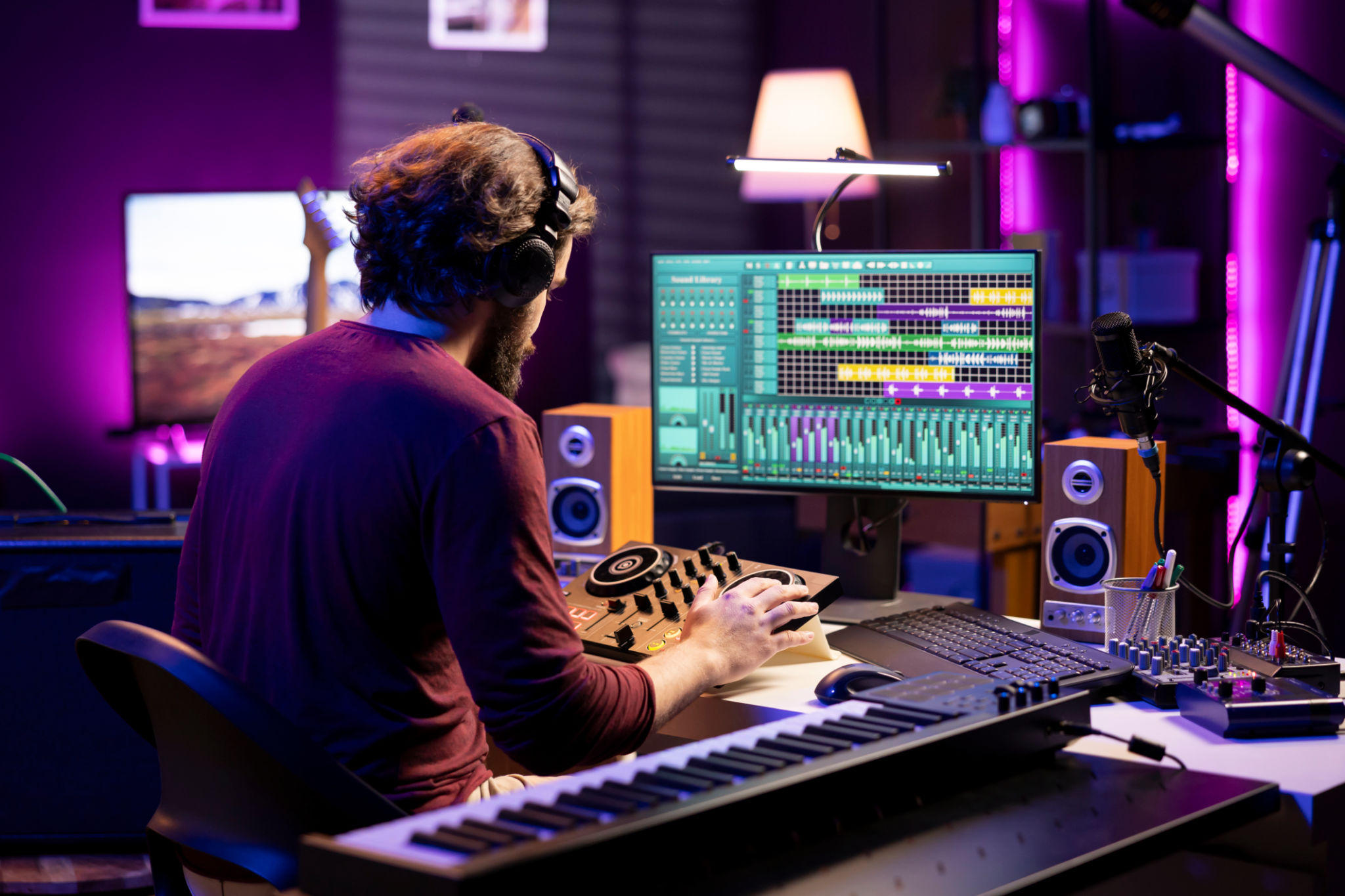The Ultimate Guide to Audio Production for Beginners
Understanding the Basics of Audio Production
If you're new to the world of audio production, it can seem a bit overwhelming at first. However, with the right guidance, you can start producing high-quality audio in no time. Audio production is not just about recording sound; it's about capturing, editing, mixing, and mastering audio to create a polished final product. Whether you're interested in music production, podcasting, or sound design, understanding the basics will set a strong foundation for your projects.
Before diving into the technical aspects, it's important to understand the key components of audio production. These include a digital audio workstation (DAW), audio interfaces, microphones, headphones, and studio monitors. Each of these elements plays a crucial role in the production process and impacts the quality of your audio.

Choosing Your Digital Audio Workstation (DAW)
Your DAW is the heart of your audio production setup. It's the software you use to record, edit, and mix your audio tracks. There are many DAWs available, each with its own features and capabilities. Popular options include Ableton Live, FL Studio, Logic Pro X, and Pro Tools. When choosing a DAW, consider your specific needs and budget. Some DAWs offer free versions or trials that allow you to explore before making a commitment.
It's also important to consider the compatibility of your DAW with your operating system and other hardware. Ensure that your computer meets the software's system requirements to avoid any performance issues during production.

Selecting the Right Microphone
Microphones are essential for capturing high-quality sound. There are several types of microphones available, including dynamic, condenser, and ribbon microphones. Each type has its own strengths and is suited for different recording situations. For beginners, a good quality condenser microphone is often recommended due to its sensitivity and versatility.
When choosing a microphone, consider factors such as frequency response, polar pattern, and build quality. Additionally, invest in a good microphone stand and pop filter to improve your recording setup.

Understanding Audio Interfaces
An audio interface is a crucial component that connects your microphone and other audio equipment to your computer. It converts analog signals into digital data that your computer can process. When selecting an audio interface, consider the number of inputs and outputs you need, as well as the preamp quality and connectivity options.
Most interfaces connect via USB, making them easy to integrate into home studio setups. Look for interfaces with low latency to ensure smooth recording sessions without delays.
The Importance of Monitoring
Monitoring refers to how you listen to your audio during the production process. Investing in quality headphones and studio monitors is essential for accurate sound representation. Headphones are great for detailed listening, while studio monitors provide a more natural sound environment.
Ensure that your monitoring setup accurately reflects your audio without adding color or distortion. This will help you make more informed decisions during mixing and mastering.

Mixer Basics for Beginners
A mixer is used to combine different audio signals into one or more outputs. While digital mixers are often part of your DAW, understanding how to use a physical mixer can be beneficial. Learn the basics of adjusting levels, panning, equalization (EQ), and applying effects to enhance your sound.
Practice makes perfect when it comes to mixing. Experiment with different settings to learn how they affect your audio. This hands-on experience is invaluable in developing your skills as an audio producer.
Mastering Your Audio
Mastering is the final step in audio production and involves fine-tuning your mix to ensure it sounds great on all playback systems. It involves processes like equalization, compression, and limiting to polish your track. For beginners, using mastering presets in your DAW can be a good starting point.
As you gain experience, consider investing in dedicated mastering software or collaborate with a professional mastering engineer for optimal results.

